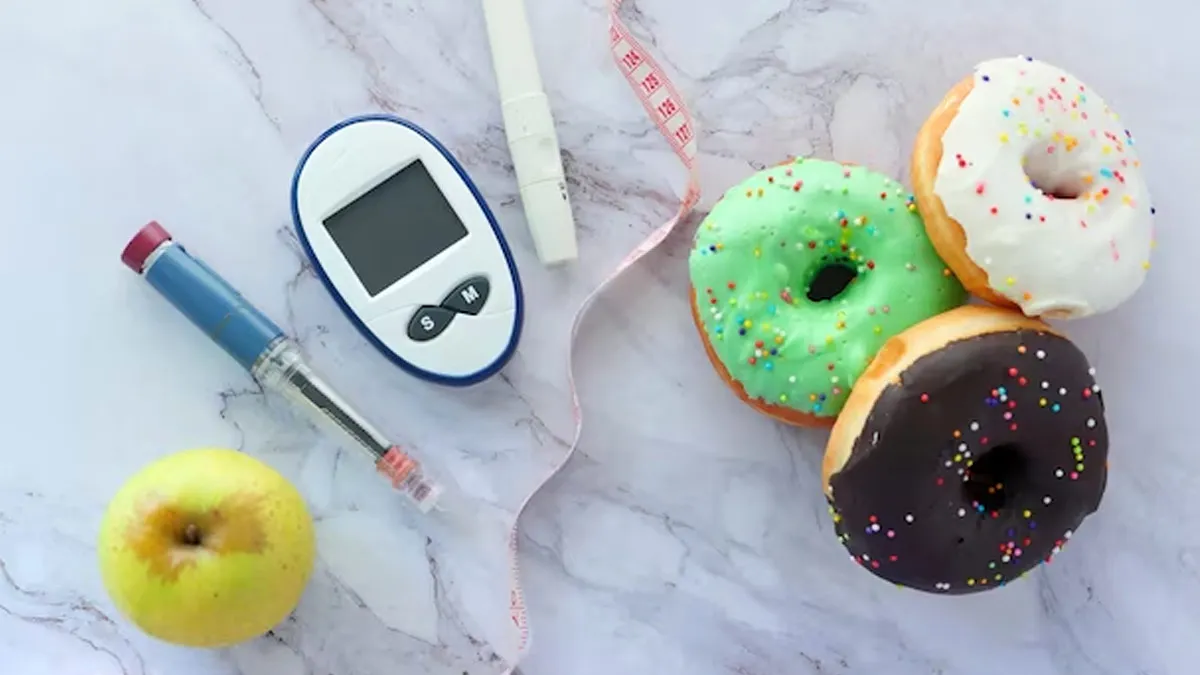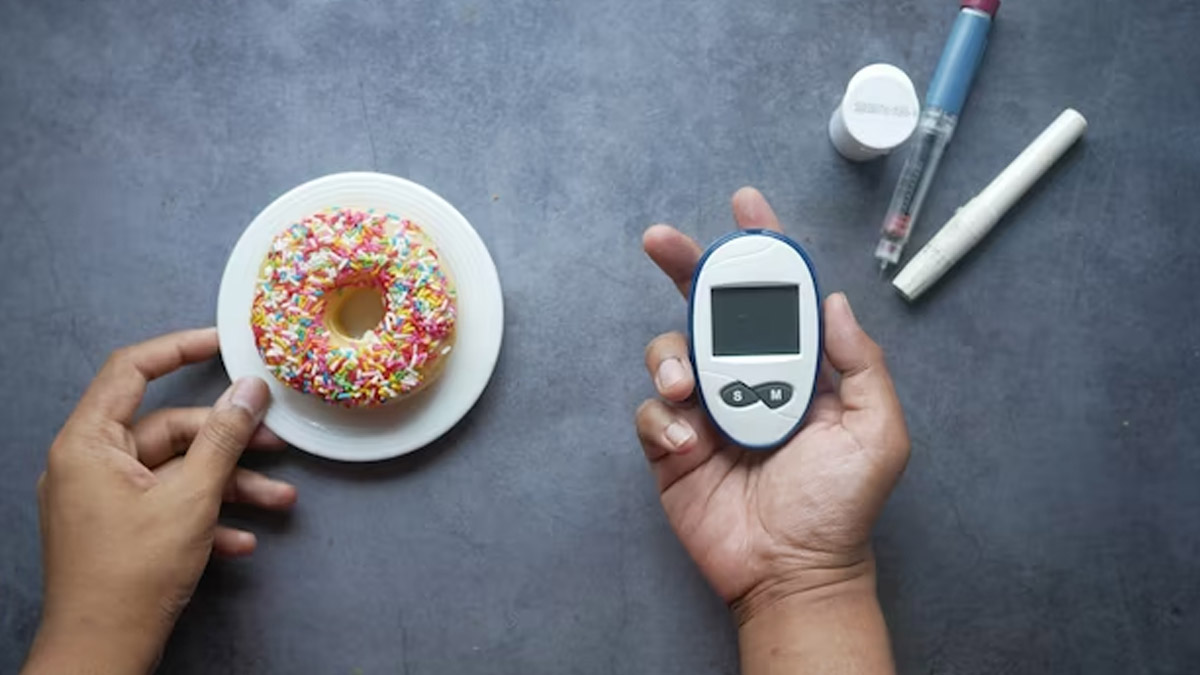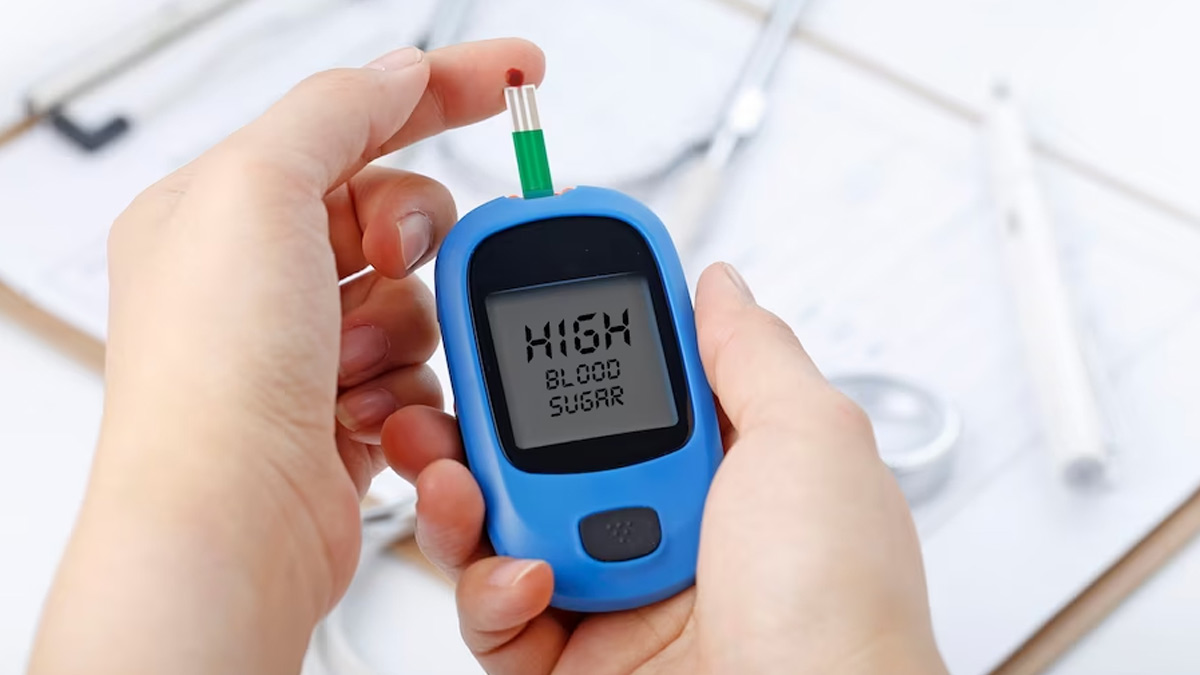
For people managing Diabetes Mellitus, knowing how much carbohydrate to eat in a day is one of the best strategies for keeping blood sugars healthy. Carbohydrates have a direct effect on blood glucose, and as such, tracking and balancing them can prevent high and low swings. However, the optimal daily intake of carbohydrates is not universal, and it varies based on factors such as age, activity level, medications, and general health.
Table of Content:-
Then we recalled that in a previous interaction with the editorial team of Onlymyhealth, Dr Anurag Aggarwal, Consultant-Internal Medicine, Fortis Escorts Hospital, Faridabad, explained to us that moderate consumption of complex carbohydrates is safe for diabetes patients. Here is everything he shared with us.
Why Carbohydrates Are Important to Blood Sugar
Carbohydrates are metabolised into glucose, the body's primary source of fuel. In diabetics, however, the body fails to produce enough insulin or is unable to utilise it properly, resulting in high blood sugar. That's why carb counting becomes a valuable resource. “By controlling carb consumption, people can maintain more constant blood sugar levels during the day, lowering the risk of complications,” Dr Aggarwal said.
Also Read: Is Sourdough Bread Good For Diabetics? Find Out Here

Recommended Daily Carb Intake for Diabetics
Although the ideal amount is different for everyone, Dr Aggarwal suggested beginning with approximately 45 to 60 grams of carbs at each meal, totaling 130 to 200 grams of carbohydrates per day for most individuals with diabetes.
“For individuals looking for tighter control or weight loss, others can do well on lower carb levels, like 100 to 130 grams a day, but only under the guidance of a doctor. Too much restriction in carbs can result in fatigue, nutrient lack, or unstable blood sugar if not properly balanced,” he added.
Quality of Carbs Is More Important Than Quantity
There are different types of carbohydrates. Refined and processed carbs, including white bread, sweetened beverages, and pastries, tend to raise blood sugar rapidly. On the other hand, complex carbs with fibre, like whole grains, legumes, vegetables, and fruits, are digested slowly, keeping blood sugar stable.
Also Read: Expert Shares The Best Time To Walk Post Meals For Diabetics

Try to have high-fibre, high-quality carbs such as oats, quinoa, lentils, brown rice, and non-starchy vegetables. Combining carbs with healthy fats and proteins can also slow digestion and stabilise glucose levels.
Carb Diet Plan For Diabetics
Learning to count carbs can provide diabetics with more management of their own health. “Reading food labels, carb-counting apps, and consulting a registered dietitian can simplify meal planning on a daily basis. Distributing carb load evenly throughout the day also prevents sugar spikes,” shared Dr Aggarwal. Here is an expert-approved diet plan that you can follow:
- Breakfast: 45 grams (oats, eggs, fruit)
- Lunch: 50 grams (brown rice, vegetables, lentils)
- Dinner: 45 grams (quinoa, grilled chicken, salad)
- Snacks: 15 to 30 grams (nuts, yoghurt, fruit)
Bottomline
Carbohydrates are not the enemy for people with diabetes, they just need to be managed wisely. Most adults with diabetes do well with 130 to 200 grams of carbs daily, focusing on complex, fiber-rich sources. Always consult your doctor or dietitian before making major dietary changes to find your personal carb sweet spot.
Also watch this video
FAQ
1. Do diabetics have to eat carbs daily?
Yes. Carbohydrates are needed for energy but need to be selected intelligently. Legumes, whole grains, and vegetables are healthier choices than refined carbohydrates.2. Is a low-carb diet safe for diabetics?
It is possible, but it must be done under the guidance of a physician. Too low carb levels can lead to imbalances or hypoglycemia.3. How do I monitor my daily carb intake in an easy way?
Reading food labels, carb-counting mobile apps, or seeing a registered dietitian can assist you in monitoring and balancing daily carb levels easily.
How we keep this article up to date:
We work with experts and keep a close eye on the latest in health and wellness. Whenever there is a new research or helpful information, we update our articles with accurate and useful advice.
Current Version
Oct 23, 2025 08:40 IST
Published By : Tanya Srivastava